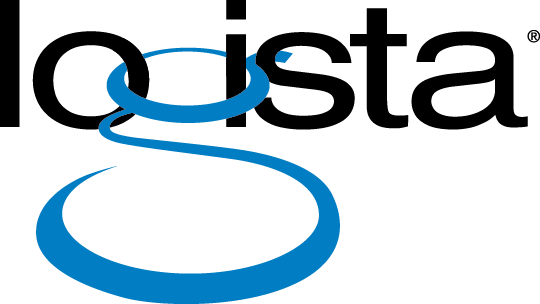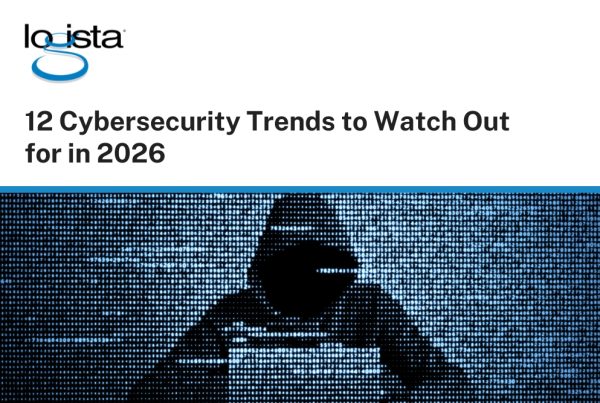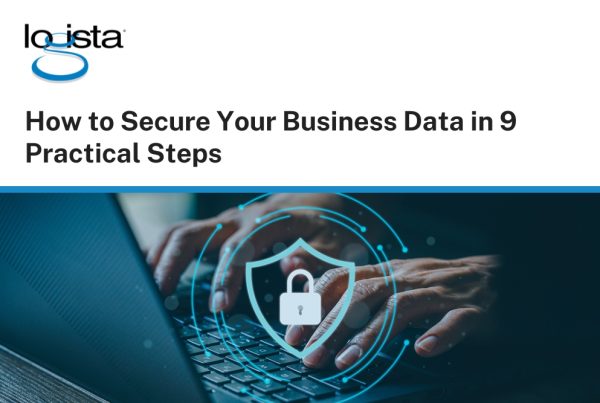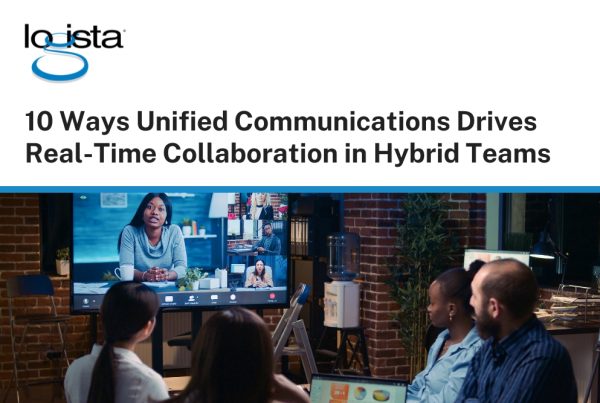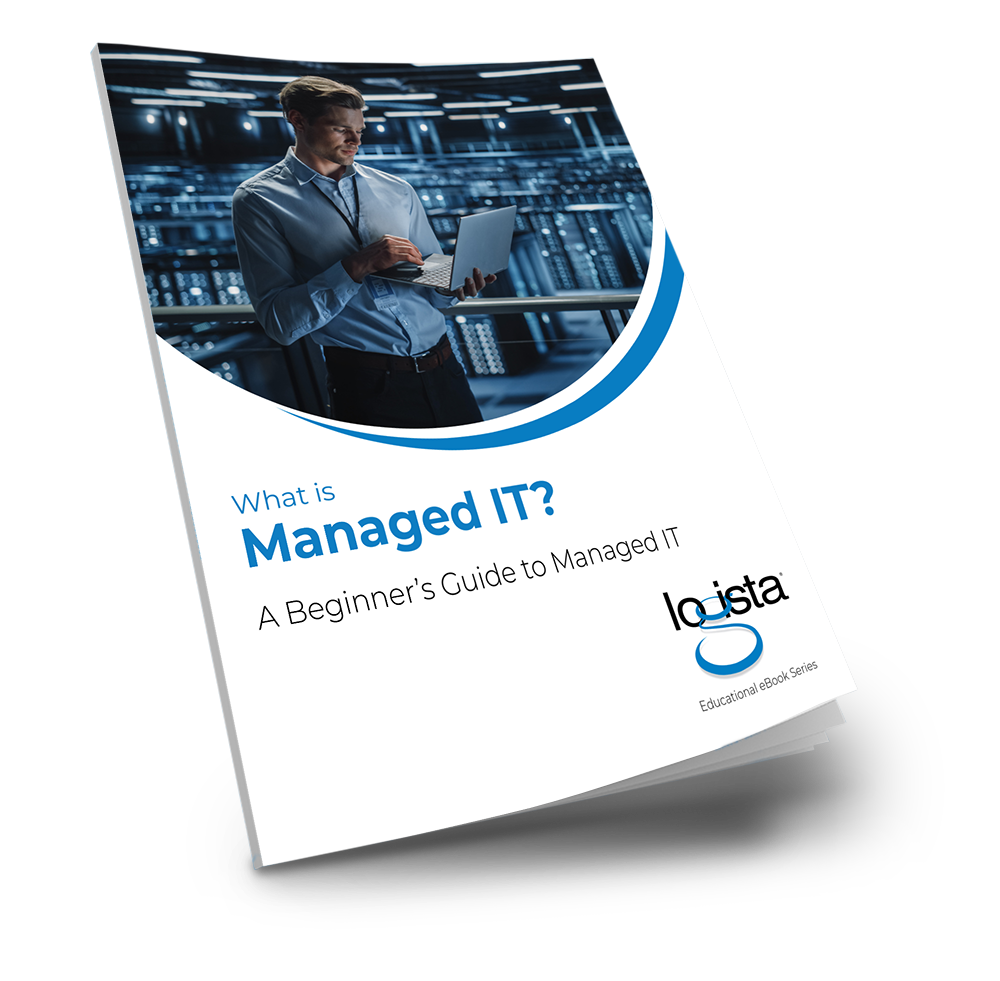With the start of the new school year, parents and other stakeholders expect that their children’s digital lives are going to be a little bit safer this time around. However, that may not be the case: cyberattacks have become more frequent in schools in a bid to steal sensitive information and use it for personal gain.

New threats surface every day. For this reason, leaders in the education sector need to re-energize their teams to deal with these threats and improve digital operations.
Let’s discuss some key points to keep in mind when planning your back-to-school cybersecurity strategy.
Cybersecurity Basics in Schools
To a large extent, the process of ensuring the security of your data and IT infrastructure starts with locking down access – that is:
- Who has access
- What data are they accessing
- Are they authorized
- What entry points are they using to gain access
- How are they being traced and protected

Access and Identity Cybersecurity
After facing several cyberattacks, education institutes have begun investing in cybersecurity measures from scratch, from the inside out. This means:
- Protecting sensitive assets like the servers, staff, and student data by initiating privileged access management measures. These measures seek to heighten security and traceability plus reinforce the use of passwords.
- Adding extra layers of endpoint privilege management, thereby reducing the need for local admin rights and, in the process defending against ransomware attacks. Recently, these attacks targeting schools have been rampant and adding the extra layers protects the systems and IT infrastructure.
- Simplifying and centralizing the governance of user identities and logins to ensure secure access. This is done by using identity federation, multi-factor authentication, and single sign-on applications.
Mastering Access Privileges in the Education Sector
Access privileges, the different permissions granted to users to access a system, are of two types: physical and logical. Physical access is the ability to physically access a system and perform tasks, while logical access is the ability to see and modify data and execute commands on a system.
Cybersecurity in the education sector can be mastered and strengthened by harnessing modern solutions and concepts such as Zero Trust and the Principle of Least Privilege.
- Zero Trust limits a user’s access to a system until they are authenticated. It is a very effective strategy, especially for educational institutions, since it ensures trust is earned, not granted automatically.
- The Principle of Least Privilege (PoLP) grants the user minimum access privileges at limited times through the just-in-time security model. It is very efficient as it eliminates the risk of privilege creep.
Securing the Education Sector
With the recent rise in cyberattack incidents on schools, it is crucial that schools invest in cybersecurity to protect their IT infrastructure and sensitive data in their systems.
About Logista Solutions
Logista Solutions is a nationally recognized leader in a broad range of technology management solutions. As one of the largest technology support providers in the U.S., Logista provides innovative and holistic solutions to help companies take control of their IT infrastructure and achieve better business outcomes. Popular services include Managed IT as a Service, VoIP and Unified Communications, Managed Print, Cloud Services and Asset Disposition.
